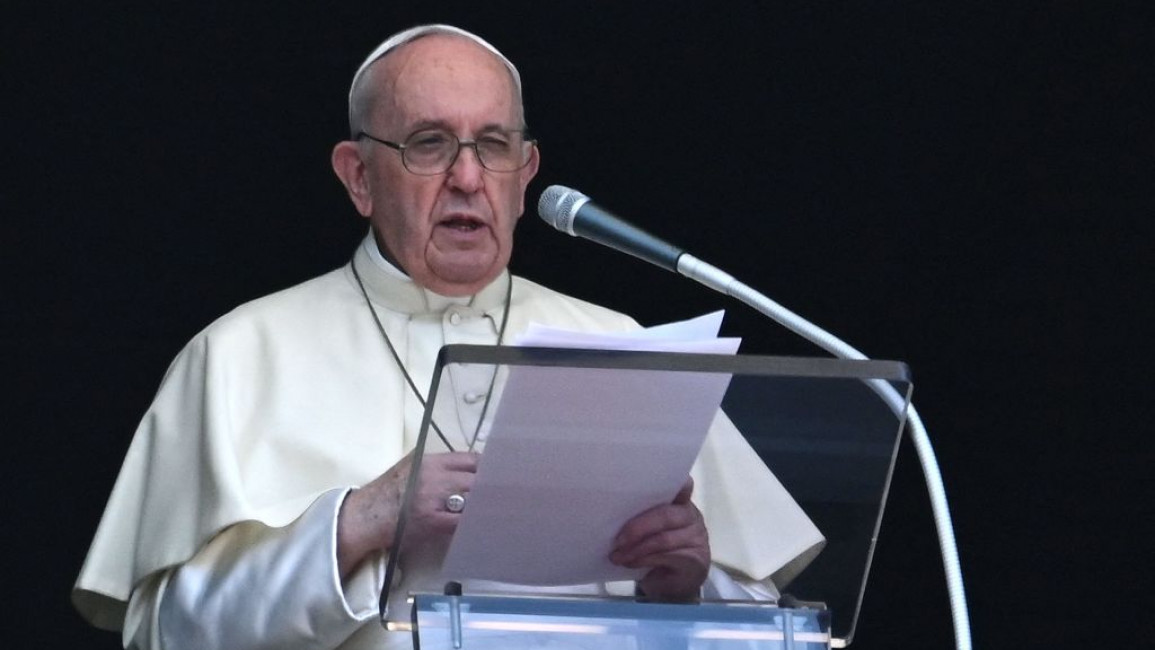Pope expresses sadness over deaths of two Catholic nuns in South Sudan ambush
The pope expressed his deep sadness following the death of two Catholic nuns in a "brutal attack" in South Sudan on Sunday.
Sister Mary Abud and Sister Regina Roba were travelling from the capital Juba to Nimule, near the Ugandan border, after attending a church celebration when their bus was assaulted by armed men. They and three others were killed in the highway ambush.
The National Salvation Front (NAS), a militant group at war with the government since March 2017, is suspected to have been behind the attack.
Pope Francis called the incident a "senseless act of violence" in a telegram sent to the Church’s diplomat in South Sudan, Monsignor Mark Kadima.
The Pope offered his "heartfelt condolences" to the victims' families said he hoped the Sister's "sacrifice will advance the cause of peace, reconciliation and security in the region".
A five-day morning period for the nuns was announced by Catholic churches in Juba.
South Sudan’s President Salva Kiir also offered his "condolences" to the Church and families of the sisters, who he said were "callously murdered".
"The responsibility for their death lies squarely on the Holdout Groups, and the Revitalized Transitional Government of National Unity condemns this act of terror with the strongest terms possible," said the president.
Kiir threatened to pull out of peace negotiations with militant-group NAS in Rome as a result of the incident, according to a report by Sudan Post. The negotiations, mediated by the Community of Sant’Egido, aim to secure stability in the country after years of war.
South Sudan, the world's youngest country, has been plagued by episodes of violence since its independence in 2011.
Its civil war, from 2013 to 2018, led to 400,000 deaths and triggered Africa's biggest refugee crisis since the 1994 Rwandan genocide.
In February 2020, Kiir signed a unity deal with rebel leader Riek Machar, who was appointed vice president. However, rival parties were unable to finalise an agreement on power-sharing and governance in the country, so negotiations - and violence - continued after the deal.
A fresh wave of attacks has occurred in the last month, threatening the country’s shaky coalition government and plunging its people - already suffering from a humanitarian crisis - further into chaos.



